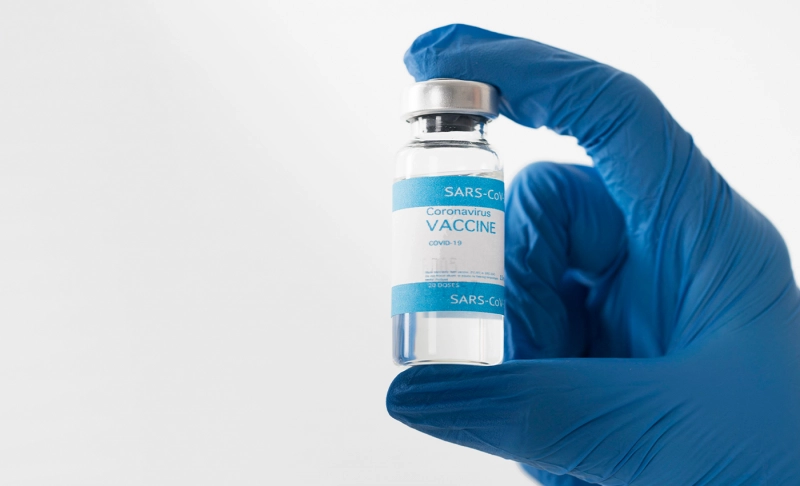By: Ishita Goel
January 4 2022
False: Every lab animal died after being given the COVID-19 vaccine.

The Verdict False
Animals are commonly used in vaccine trials. Every laboratory animal did not die during COVID-19 vaccine trials.
Animals are commonly used in vaccine trials. Every laboratory animal did not die during COVID-19 vaccine trials.Every vaccine goes through several rounds of testing before it is approved for distribution to the public. According to the World Health Organization (WHO), a vaccine is first tested on animals to evaluate its safety and potential to prevent disease. After that, it is tested on humans in three phases of clinical trials. After the results of clinical trials are out, the vaccine is checked for efficacy, safety, before being manufactured for regulatory and public health policy approvals. Even after the vaccine is given the green light, it is continuously assessed for greater protective impact. During trials, animals including monkeys, mice, and pigs can be used by different research and pharmaceutical companies. This has also been the case with the COVID-19 vaccines that have been developed up to now. No one has reported that every animal died after being injected with the COVID-19 vaccine. Indeed, many animal trials yielded positive results. For instance, the Oxford/AstraZeneca vaccine triggered an immune response in pigs, the Sinovac vaccine protected macaques from the new coronavirus, and the Pfizer/BioNTech vaccine worked well in mice and non-human primates. Though it may be the case that animals were harmed during the development of a COVID-19 vaccine, there have been no reports of animals being injected with a COVID-19 vaccine and then dying as a result. In any case, it is certainly true that not all laboratory animals died from being given the vaccine. The COVID-19 pandemic has given rise to a lot of potentially dangerous misinformation. For reliable advice on COVID-19 including symptoms, prevention and available treatment, please refer to the World Health Organisation or your national healthcare authority.


